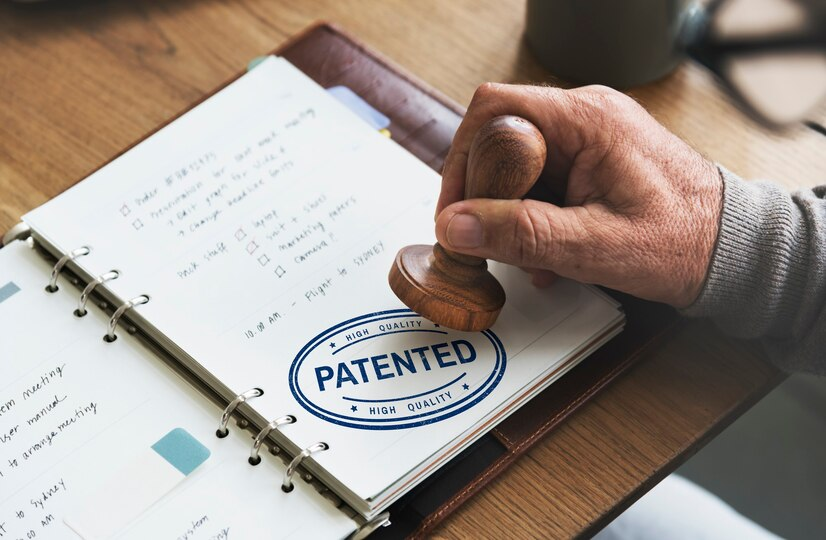
In the realm of intellectual property law, seemingly small legal cases can have far-reaching implications. The ongoing battle between LKQ Corp. and General Motors Co. subsidiary over a design patent for a vehicle front fender is a perfect example. While it may appear to be a dispute over a single patent, the outcome of this case could fundamentally alter patent law landscape, particularly in the realm of design patents.
Understanding the Case and Potential Changes in Patent Law
At its core, the case revolves around the issue of obviousness in design patents. LKQ Corp. argues that the design patented by GM’s subsidiary is obvious based on prior art, particularly a fender depicted in a 2010 brochure for a Hyundai Tucson. If LKQ succeeds, it could lead to the abandonment of the long-standing Rosen-Durling test, which has set the standard for assessing design patent obviousness for decades.
This potential shift in patent law would mean that design patents become easier to invalidate, as the current test imposes significant limitations on challengers, favoring patent owners. A more flexible approach, as advocated by LKQ, would likely result in an increase in challenges to design patents and a reevaluation of the criteria for patentability.
Impact on Lawyers
First and foremost, the proposed changes in patent law would significantly impact lawyers specializing in intellectual property law. Attorneys representing both patent holders and challengers would need to adapt their strategies to navigate the new legal landscape.
For lawyers representing patent challengers like LKQ, the shift towards a more flexible approach to obviousness could provide new avenues for invalidating design patents. On the other hand, attorneys representing patent holders would face greater challenges in defending the validity of their clients’ patents, requiring more robust arguments and evidence to overcome challenges.
Impact on Expert Witnesses
Expert witnesses, particularly those specializing in mechanical patent testimony, would also feel the ripple effects of the potential changes in patent law. With design patents becoming easier to invalidate, expert witnesses would play a crucial role in providing technical analysis and testimony to support their clients’ positions.
In this context, mechanical patent expert testimony would be essential in assessing the obviousness of design patents, particularly in cases involving complex mechanical structures or components. Expert witnesses would need to carefully analyze prior art and provide compelling arguments to demonstrate the obviousness or non-obviousness of the patented design.
Impact on Juries
Finally, the proposed changes in patent law would impact juries tasked with adjudicating patent infringement disputes. Juries would need to grapple with more nuanced legal standards and complex technical evidence, requiring a deeper understanding of patent law and mechanical engineering principles.
Moreover, the outcome of patent cases could have broader implications for innovation and competition in industries reliant on design patents, such as automotive manufacturing. Juries would play a pivotal role in shaping the legal landscape by determining the validity of design patents and the extent of patent infringement.
In conclusion, while the LKQ Corp. v. GM Global Tech. Ops. LLC case may seem like a small legal dispute, its potential to reshape patent law is significant. From lawyers and expert witnesses to juries, stakeholders across the intellectual property landscape would feel the impact of the proposed changes, underscoring the far-reaching implications of seemingly minor legal cases.




